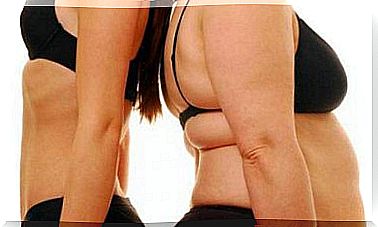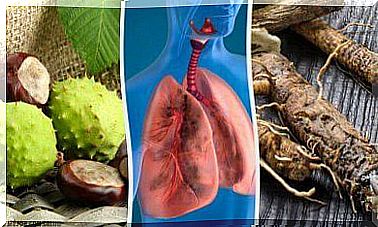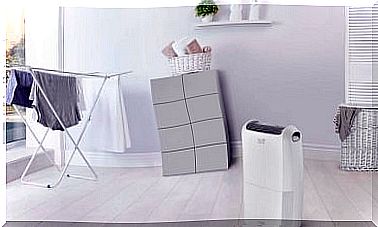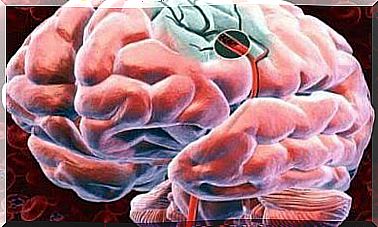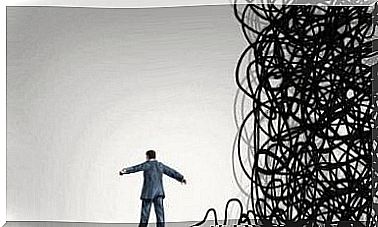How Do Emotions Affect Different Organs In Your Body?
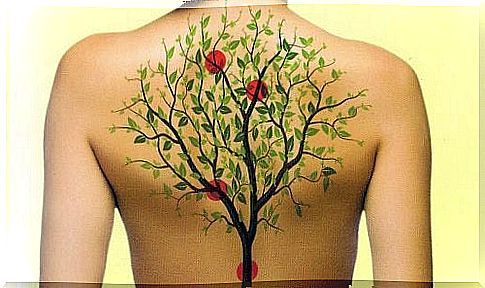
Have you ever come to think about how emotions affect many organs in our bodies?
According to traditional Chinese medicine, the human body responds naturally to every stimulation, whether external or internal, and the body then creates a series of different reactions.
What is clear is this: our bodies are not designed to perform only basic metabolic functions, to convert food into energy so that we can survive.
In addition to this, the body needs to process the various stimuli it receives. It must then create a positive or negative response, and this response has an effect on all the organs that make up the human body.
In addition to getting physical stimuli thanks to your nervous system, you also experience emotions. Although they do not appear to have a clear significance in the physical sense, they do elicit reactions and can thus stimulate or inhibit certain organs.
While this is usually a healthy process when our emotions are particularly strong, negative, and long lasting, they can have a damaging effect on the organs and the emotions can leave them more vulnerable to certain problems.
So in this article, we want to take a closer look at this topic, i.e. how do emotions affect different organs in the body ? Keep reading and find out about this interesting topic.
The relationship between organs and emotions

According to traditional Chinese medicine, the process of degeneration in any organ is directly related to the emotions a person has.
When one organ has to experience the effect of emotion, it can have a balance-reducing effect on the whole body. This is why it is extremely important that we be able to find the underlying emotional problem so that we can work to resolve the situation.
This means that sometimes it is necessary to try to change the state of emotional life so that you can promote the patterns of positive thinking within yourself.
Next, we look at a few organs and their relationship to emotions – how can these organs change because of your emotions?
Heart and small intestine: pleasure

According to traditional Chinese medicine, pleasure is the feeling most clearly associated with these two organs in the human body.
Among other things, the heart is responsible for regulating blood and controlling blood vessels. Instead, the small intestine works by absorbing the nutrients and minerals that enter the body through the food you eat.
While a healthy feeling, such as pleasure, can stimulate these organs and their function, in excessive amounts it can cause the following problems:
- nervousness
- tachycardia
- insomnia
- lack of concentration
Those whose bodies have suffered in this way tend to be sensitive, outward-looking and talkative. They are often exhausted from their own feelings and may have trouble keeping their emotions under control.
Learning to experience euphoria, irritation, enthusiasm, and too much emotion promotes the healthy functioning of these organs. Their health is vital for the whole body to be healthy.
2. Liver and gallbladder: rage and anger

Anger and anger, as well as other emotions associated with them, are related to these two organs.
Your liver stores blood and regulates the flow of vital energy. Instead, the gallbladder collects and removes bile fluid.
If you have problems with these two organs, it may also be that you are a dynamic person who sheds too much of a strain on your worries. You may even react to your concerns sometimes aggressively.
In addition to paying attention to anger and rage, you should make sure that you recognize and adjust to your frustration and anger. In addition, you should try to keep in mind that a healthy liver produces creative and releasing energy.
3. Spleen and stomach: obsessed
These two bodies are associated with obsession, nostalgia, and reflection.
The stomach is responsible for providing food, and the spleen instead forms part of the lymphatic system, fighting inflammation and maintaining the balance of body fluids.
Those who suffer from problems with these organs tend to be calm and calm, but they often have great difficulty making decisions.
4. Lungs and colon: grief

These two organs are strongly associated with feelings of melancholy, grief, and sorrow.
The main job of the lungs is to regulate breathing. The colon, in turn, plays a major role in digestion, absorption of nutrients, and maintenance of the body’s immune system.
If you have problems with these organs, it may be that you are an independent and very sensible person who studies himself a lot.
However, over-reflection can result in physical problems, and thus some have a lack of appetite, tightness of the chest, and a general sense of apathy.
5. Kidneys and bladder: fear
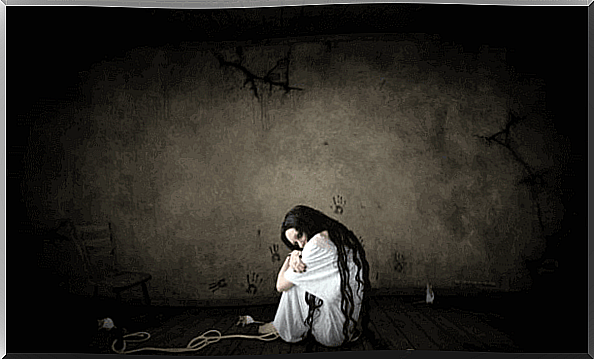
The kidneys are strongly associated with feelings of fear and anxiety. Their physical work involves removing waste from the blood, and the bladder is instead responsible for storing and removing urine.
Those who suffer from pain and weakness in the lower back, as well as various other symptoms, may experience a period during which they have uncertainty in their lives.
Instead, maintaining a good balance of kidney energy can help increase confidence in one’s abilities.
Now that you know which emotions affect which organs in your body, you can focus on embracing patterns of positive thinking. This will make your body more capable of healing itself.
Have you ever thought that emotions affect organs adversely, and do you agree with these notions of traditional medicine? Take the tips to your aid if you want to work to increase your well-being.
